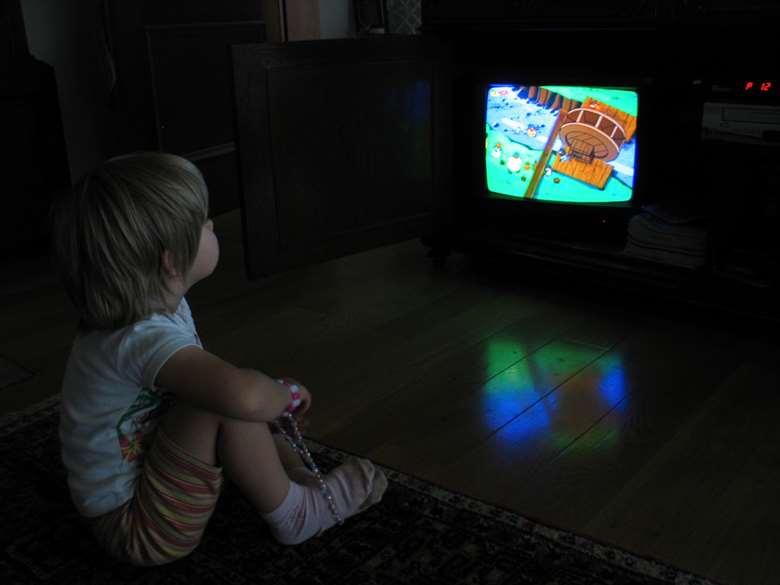Daily roundup: Unhealthy food, childcare and youth engagement
Laura McCardle
Friday, July 4, 2014
Junk food featured in children's TV programmes; cost of childcare inquiry calls for evidence; and Youth Engagement Fund opens for bids, all in the news today.

Unhealthy food makes a "startlingly" high number of appearances in children's television shows, researchers say. Junk-food adverts are restricted during children's television in the UK, however, a study found the shows themselves gave prominence to unhealthy food. Irish researchers found that half of food appearances were "unhealthy" such as sweets or chocolate, while sugary drinks made up a quarter of all fluid appearances, the BBC reports.
A new government committee investigating the cost of childcare has launched its first call for evidence. The House of Lords select committee on affordable childcare is seeking evidence on whether childcare is value for money and if it could be spent more effectively.
The Cabinet Office has published information explaining how organisations can bid for youth engagement grants from its new £16m payment-by-results fund. The Youth Engagement Fund Prospectus contains details of bidder information events and also explains how the funding will be allocated.
Rolf Harris browsed websites showing images of girls believed to be as young as 13, it can now be reported following his conviction for indecent assault. When detectives examined the 84-year-old entertainer's desktop computer while investigating historical claims of indecent assault, they discovered he had visited websites containing images of children. However, the Crown Prosecution Service will, in the wake of the other convictions, no longer proceed with the indecent images charges, the Guardian reports.
A Stonewall poll of nearly 2,000 school staff reveals that fewer than one in 10 primary school teachers and one in five secondary school teachers have received training on tackling homophobic bullying. It also finds that three in ten secondary school teachers and two in five primary school teachers do not know if they are even allowed to teach lesbian, gay and bisexual issues.
A survey of 291 companies by the Confederation of British Industry, has found over half are concerned about the resilience and self-management of school leavers and a third with their attitude to work. By contrast, nearly all firms are satisfied with young peoples’ IT abilities when they enter the workplace. Firms want primary schools to focus on developing literacy and numeracy with around one-third not satisfied with these skills among children.




